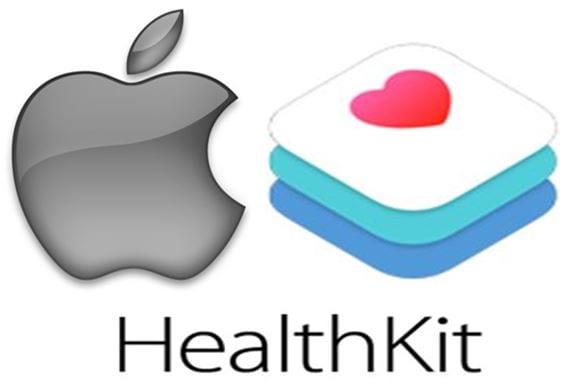Apple Inc. (NASDAQ:AAPL) ResearchKit took researchers by surprise on Tuesday, when around 11,000 people signed up for a cardiovascular study using the iPhone tool, within 24 hours following its release, according to a report from SF Gate. Alan Yeung, medical director of Stanford Cardiovascular Health noted that usually it takes a year and involvement of 50 medical centers across the country to fetch this number, highlighting the power of the phone.
Apple makes it easier for Doctors
Apple Inc. (NASDAQ:AAPL) iPhone’s user base runs into millions, and can be used by the doctors to find trial participants for their researches through the ResearchKit and studies at unmatched rate. Progress of chronic diseases like Parkinson’s disease and asthma can be tracked by the apps developed by the five academic centers. These apps make use of iPhone’s accelerometers, gyroscopes and GPS sensors.
A report from LifeMap suggested that over 2,500 people have signed up, and given their approvals to be a part of Asthma study.
While there were researchers who were surprised with the results, another group warned that the data collected by ResearchKit may not be that useful because of the potential flaws in the information gathered through it. Their argument was that the data collected by its applications may be incomplete or inaccurate. The consent forms of the software might not be clear enough, and the privacy of the participants could be at risk.
Accuracy of data questioned
CivicScience Inc., a polling company has concluded through its studies/researches that both income, as well as the educational qualification, measured in terms of graduate and doctoral degrees, of an average Apple Inc. (NASDAQ:AAPL) iPhone user is more than that of an average Android user. The findings from the study could be skewed because of those kinds of demographic differences.
Michael Gibson, professor at Harvard Medical School and an interventional cardiologist, notes that often a user mistakenly hits a button or shares his phone with someone else, which risks the accuracy of data. Also, when compared to the standard trials, such apps would not be designed to ask the open-ended questions like the researchers do during face to face encounters. On the brighter side, the iPhone could be connected to other devices to read human behavior during the study to keep the track of how honest participants are while answering the questions.









